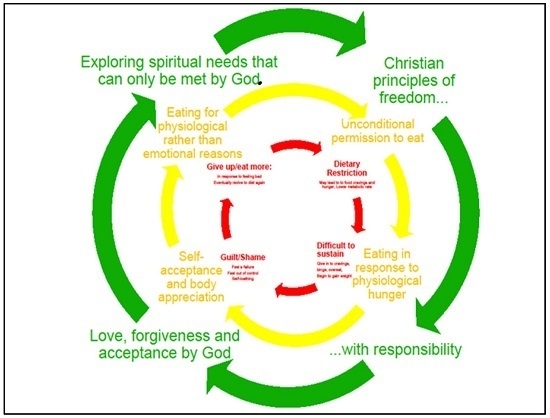Protocol of Taste and See: A Feasibility Study of a Church-Based, Healthy, Intuitive Eating Programme
Abstract
Share and Cite
Lycett, D.; Patel, R.; Coufopoulos, A.; Turner, A. Protocol of Taste and See: A Feasibility Study of a Church-Based, Healthy, Intuitive Eating Programme. Religions 2016, 7, 41. https://doi.org/10.3390/rel7040041
Lycett D, Patel R, Coufopoulos A, Turner A. Protocol of Taste and See: A Feasibility Study of a Church-Based, Healthy, Intuitive Eating Programme. Religions. 2016; 7(4):41. https://doi.org/10.3390/rel7040041
Chicago/Turabian StyleLycett, Deborah, Riya Patel, Anne Coufopoulos, and Andy Turner. 2016. "Protocol of Taste and See: A Feasibility Study of a Church-Based, Healthy, Intuitive Eating Programme" Religions 7, no. 4: 41. https://doi.org/10.3390/rel7040041
APA StyleLycett, D., Patel, R., Coufopoulos, A., & Turner, A. (2016). Protocol of Taste and See: A Feasibility Study of a Church-Based, Healthy, Intuitive Eating Programme. Religions, 7(4), 41. https://doi.org/10.3390/rel7040041






